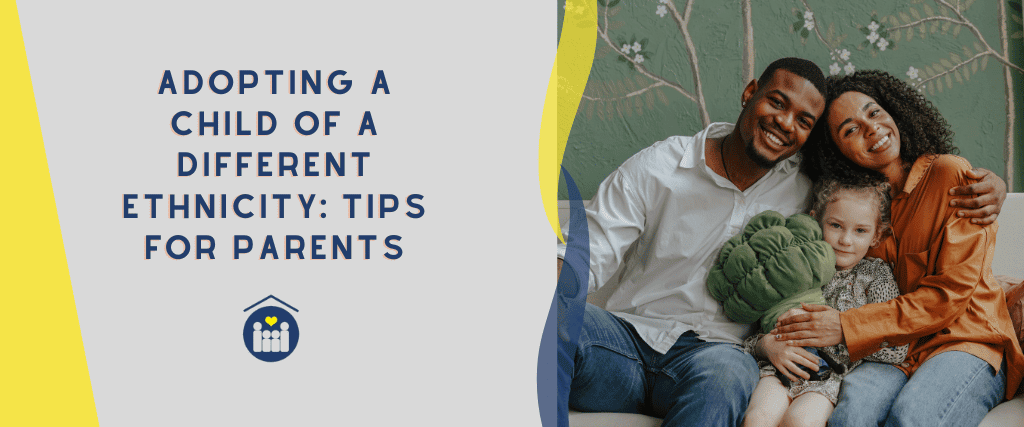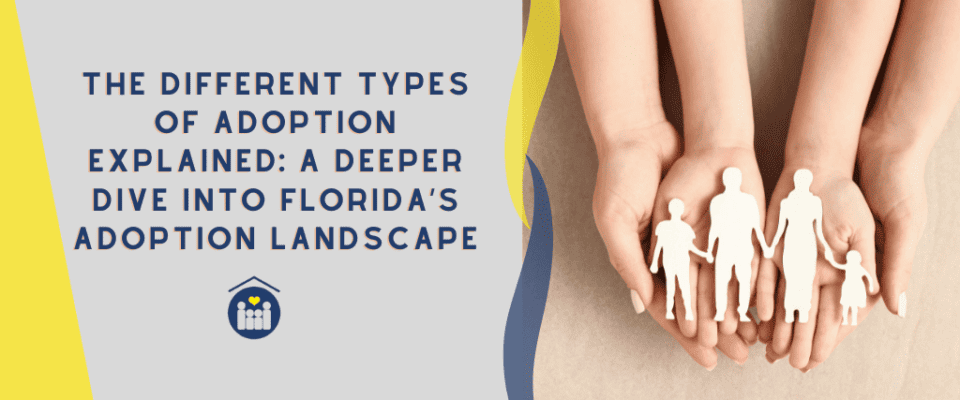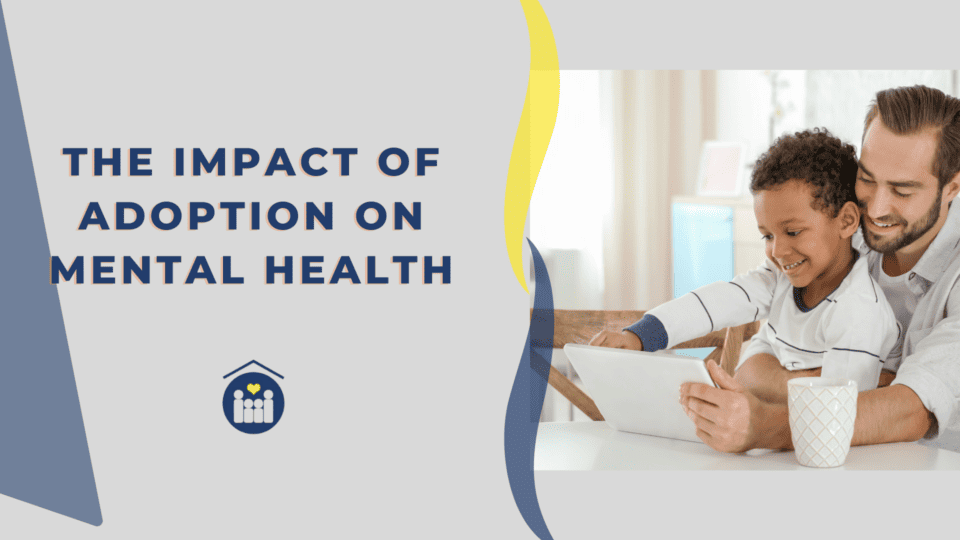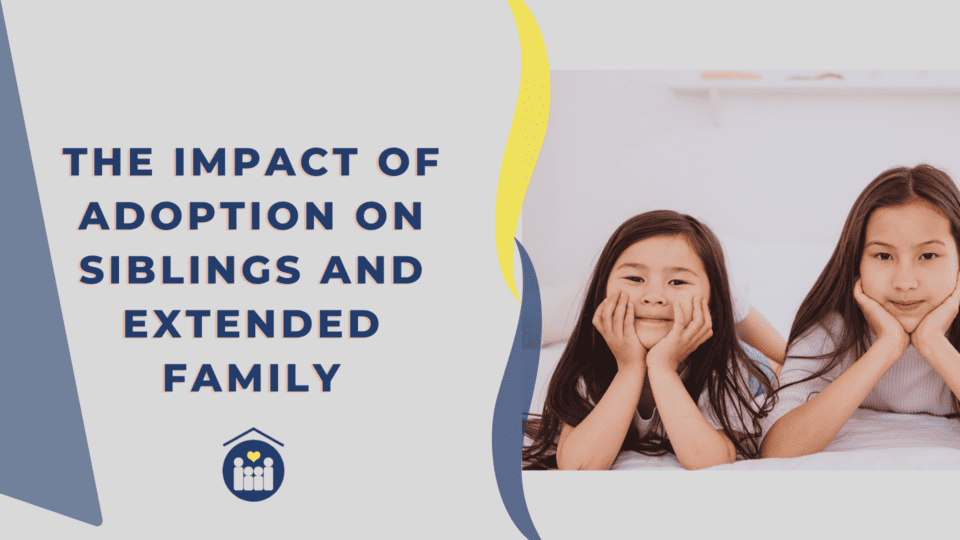Adopting A Child Of A Different Ethnicity: Tips For Parents

The Impact of Adoption on Mental Health
July 10, 2023
The Different Types of Adoption Explained: A Deeper Dive into Florida’s Adoption Landscape
September 1, 2023For prospective adoptive parents, choosing adoption often means adopting a child from a different cultural or ethnic background than their own. Although many families have blended heritages and traditions, adoption offers its own unique rewards and challenges. It’s important to be well informed about the adoption journey, especially when a child’s dual heritage – theirs, and your own – is part of the story. Prospective adoptive parents should take steps to educate themselves about a child’s birth heritage and be prepared to have open conversations about it as their child matures.
Table of Contents
Being Matched With A Child
As prospective adoptive parents, you can choose to adopt a child with the same ethnicity as your own. Of course, it has to be a match with the birth mother, who has the final say about any adoption placement. A reputable adoption agency or law firm will ask you about your adoption preferences, including the age and gender of a child you adopt. Some prospective adoptive parents specifically want to adopt children from a different ethnicity or from a specific minority that may have less adoption placements than others. Choosing to adopt a child from a different race or ethnic background comes with its own challenges and blessings, so be prepared to stay the course if you decide to raise a child with dual heritage.
The Importance of Recognizing Dual Heritage
It’s important for prospective adoptive parents to recognize that the child they’re adopting comes with a unique ancestry and history that is an intrinsic part of who they are. Acknowledging and respecting this is the first step in nurturing their dual identity. There are many benefits that come with recognizing and embracing a child’s dual heritage, including boosting that child’s sense of belonging and self worth.
Being sensitive to the reality of other people’s judgements and prejudices regarding certain cultures and minorities and deciding to deal with that in an empowered way will also help you empower your adopted child. Children need lots of love and reassurance, and it is the parents job to ensure that they feel safe and are proud of who they are. Even if other people have strong opinions on adopting a child from a different ethnicity than your own, it’s important that the adoptive parents feel certain about their decision.
Encourage Open Communication
It’s normal for children to be curious about where they come from – and this can be especially true for adopted children with dual heritage. In order to give their children the self-assurance they need to embrace the entirety of who they are, prospective adoptive parents should be prepared to conduct this talk with their children at various stages of growth and self-discovery. These conversations may entail deciding to celebrate a variety of holidays and customs, maintaining contact with the child’s birth parents, and creating strong friendships with other families that have children with dual heritage. While open communication is crucial, children learn from the example set by their parents. By showing your child that you are open minded, loving, and accepting of other people’s differences, you empower them to love themselves and others.
Tips for Adoptive Parents
If you are considering adopting a child from a different ethnicity and heritage than your own, there are a few steps to consider to prepare yourself for the process:
Educate Yourself: Taking the time to learn about your child’s birth culture and heritage is a sign of respect and can help you be a better parent. Reading books, connecting with other dual heritage families, and participating in community events and gatherings can all be helpful steps.
Join Support Groups: Connecting with other adoptive parents and families can offer you invaluable support and help you feel less alone. Fellow adoptive parents face similar challenges and having a strong network of friendships in the adoption community can be helpful to you and your child.
Seek Counseling: Therapists or counselors specializing in adoption as well as multicultural family dynamics can provide insights and coping strategies for any challenges that may arise, and help you gain clarity about your adoption journey.
Maintain A Connection With The Birth Family: In the case of open and semi-open adoptions, it can be very helpful to maintain a strong and positive connection with your adopted child’s birth family. It’s usually in the child’s best interest to stay connected with their birth family to help foster a sense of deep belonging. Of course, there are always exceptions to the rule, and the main priority should always be ensuring your child’s safety and well being.
Acknowledge Racism: Unfortunately, we live in a world where many people have prejudices against certain races and ethnicities. Please be aware of this when you adopt a child from a different ethnicity than your own and be prepared to face criticism from people who may not understand your decision.
Exploring Adoption In Florida
As adoption lawyers in the state of Florida, we have years of experience with the adoption process. We are proud advocates for and sensitive to the needs of birth mothers and children, and we understand that choosing to put your baby in an adoption plan is a life-changing decision, full of emotional highs and lows. We are here to support and guide you each step of the way, whether or not you decide adoption is right for you. If you would like to schedule a consultation to find out more about adoption and the services we offer, contact us today.





